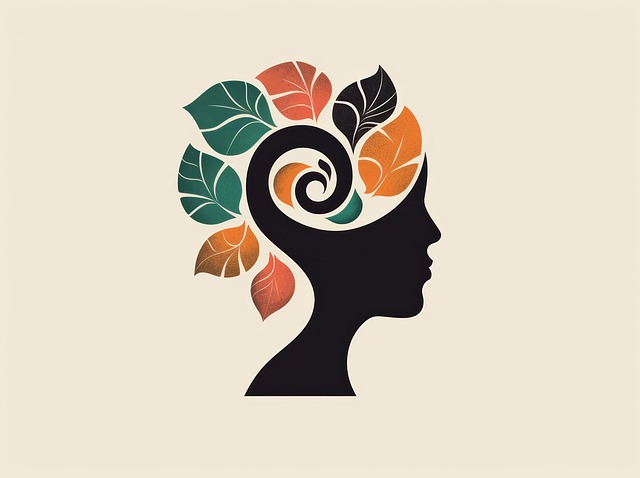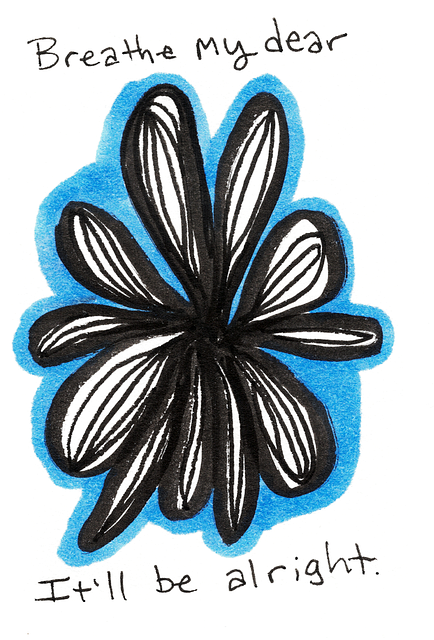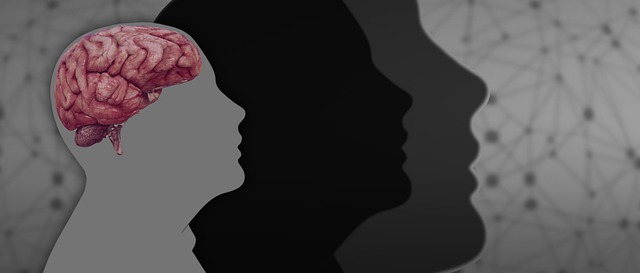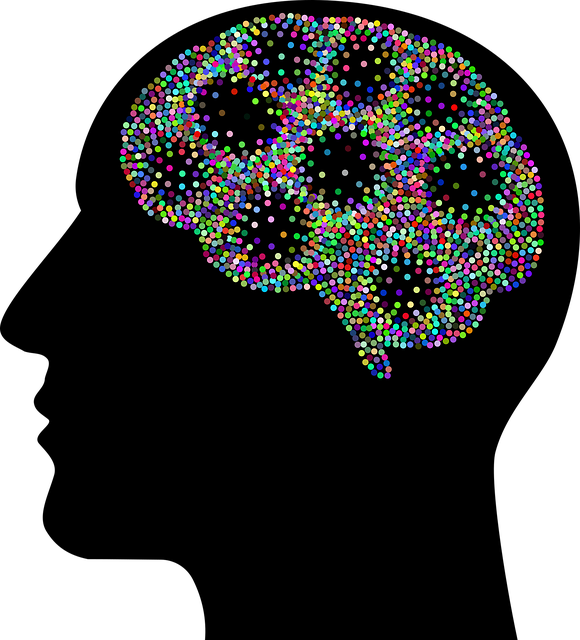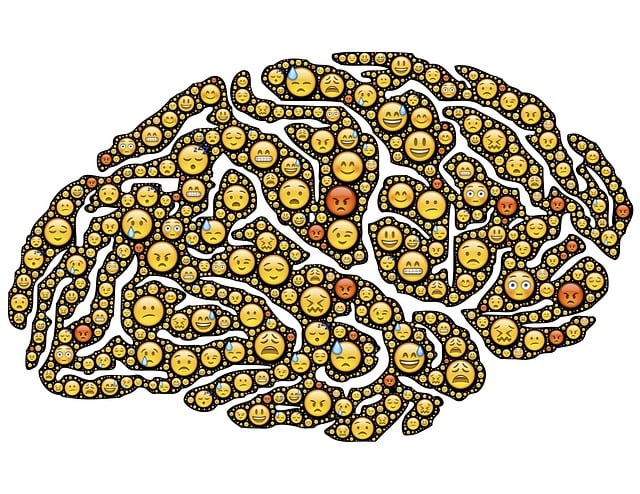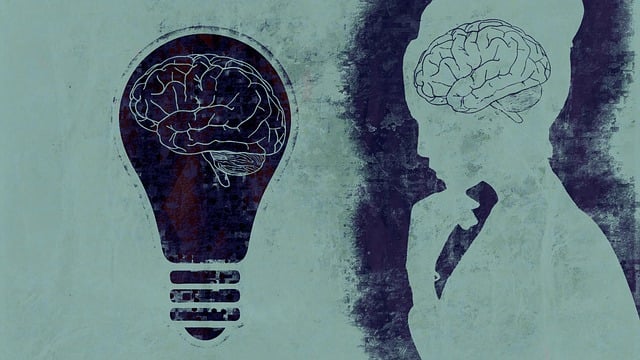Cultural competency in healthcare, especially in multicultural settings, is vital for providing quality care to diverse patient populations, including deaf or hard-of-hearing individuals. Incorporating Therapy for American Sign Language (ASL) into healthcare provider training is transformative, enabling professionals to communicate effectively, build trust, and offer personalized services in the patients' primary language. This inclusive approach not only reduces stress but also improves health outcomes, particularly in mental health services, while contributing to overall community wellness. Comprehensive cultural competency programs should include ASL therapy, mental wellness coaching, and strategies for emotional well-being promotion to meet both physical and psychological needs.
In today’s diverse healthcare landscape, cultural competency among medical professionals is paramount. Effective communication transcends language barriers, fostering trust and enhancing patient outcomes. This article explores two key aspects: understanding cultural competency in healthcare through improved communication, and the role of therapy for American Sign Language (ASL) in elevating patient care. We delve into developing and implementing comprehensive training programs for medical professionals to navigate these crucial skills.
- Understanding Cultural Competency in Healthcare: A Need for Effective Communication
- The Role of American Sign Language (ASL) Therapy in Enhancing Patient Care
- Developing and Implementing Comprehensive Training Programs for Medical Professionals
Understanding Cultural Competency in Healthcare: A Need for Effective Communication

Cultural competency in healthcare is a vital aspect that ensures quality care for patients from diverse backgrounds. It involves understanding and appreciating cultural differences to facilitate effective communication and build trust. In today’s diverse healthcare landscape, where patients come from various ethnic, racial, linguistic, and socioeconomic groups, this skill set is indispensable. For example, American Sign Language (ASL) therapy offers a unique approach to addressing the needs of deaf or hard-of-hearing individuals, ensuring they receive the same level of care as their hearing counterparts.
Effective communication bridges cultural gaps and fosters an environment where patients feel heard and respected. It forms the foundation for building rapport with diverse communities, which is essential for improving health outcomes, especially in mental health services. This includes addressing anxiety relief, a common concern across cultures, through tailored programs that consider unique community needs. Moreover, mental wellness coaching programs can be developed to support individuals while navigating complex healthcare systems and advocating for their mental health policy analysis and advocacy.
The Role of American Sign Language (ASL) Therapy in Enhancing Patient Care

Incorporating Therapy for American Sign Language (ASL) into healthcare provider training significantly enhances patient care, especially in diverse communities where deaf and hard-of-hearing individuals are a significant portion of the population. ASL therapy equips healthcare professionals with essential communication skills, allowing them to deliver more personalized and effective services. By learning ASL, providers can directly engage with patients using their primary language, fostering better understanding and trust. This direct form of communication not only facilitates clearer medical information exchange but also helps in building resilience and inner strength among patients, as it promotes self-expression and independence.
Moreover, ASL therapy contributes to stress reduction methods by creating a less intimidating healthcare environment for deaf patients. It reduces potential barriers that might arise from language differences, making consultations more relaxed and supportive. Through this inclusive approach, healthcare providers can better address not only physical health concerns but also the emotional well-being of their deaf patients, contributing to overall community health and wellness.
Developing and Implementing Comprehensive Training Programs for Medical Professionals

Healthcare provider cultural competency training is an essential component of modern medical education. It equips professionals with the knowledge and skills to effectively communicate and provide care for a diverse range of patients, including those from different linguistic backgrounds such as individuals who use American Sign Language (ASL). Comprehensive training programs should be developed to address these needs. These programs can include specialized therapy for ASL users, ensuring that medical professionals gain proficiency in interpreting and understanding non-verbal communication.
Incorporating Mental Wellness Coaching Programs Development and Emotional Well-being Promotion Techniques into the curriculum is vital. Cultural competency goes beyond language; it involves recognizing and respecting emotional nuances and mental health disparities within different communities. Self-esteem improvement strategies can also be woven into these training programs, fostering an environment where medical professionals are equipped not only to meet patients’ physical needs but also to address their psychological well-being.
Cultural competency training, particularly focusing on American Sign Language (ASL) therapy, is essential in enhancing patient care and ensuring equitable healthcare access. By understanding and addressing cultural differences, medical professionals can improve communication, build trust, and provide more personalized services. Comprehensive training programs that incorporate ASL therapy not only benefit deaf and hard-of-hearing patients but also foster a more inclusive healthcare environment for all. This approach is crucial in today’s diverse society, ensuring that every patient receives the quality care they deserve.
